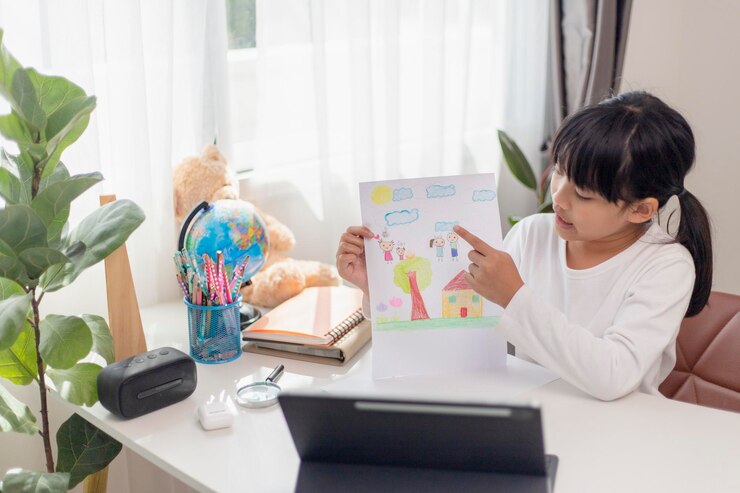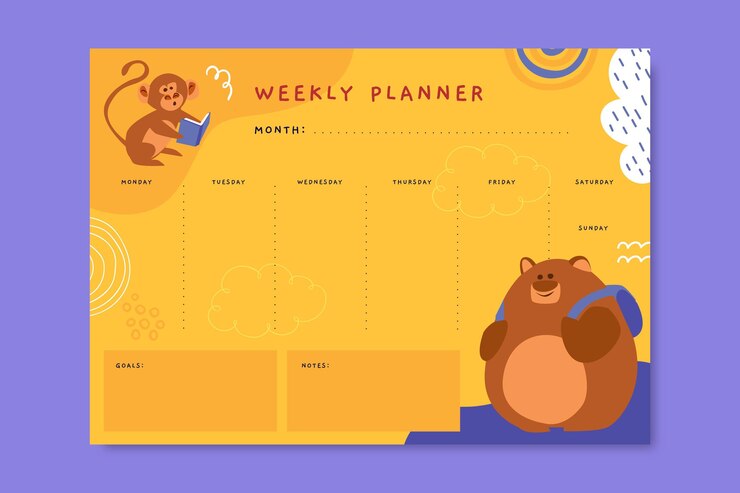“Free printable kids my day with self harm everyday tracker is a valuable gadget expected for young people and teens who are fighting with their sentiments. It allows them to track their feelings and behaviors, especially when dealing with the urge to hurt themselves. This tracker encourages children to reflect on their day, helping them understand their emotions better and providing a safe way to express themselves.
Using a daily tracker can make a huge difference in a child’s mental health journey. It helps them monitor their emotional ups and downs, offering insight into patterns that may affect their well-being. The free printable kids my day with self harm daily tracker is simple to use and can easily be added to a child’s daily routine, offering support for both kids and their caregivers in the process.”
How the Free Printable Kids My Day with Self Harm Daily Tracker Helps Kids Understand Their Emotions
The free printable kids my day with self harm daily tracker is a great tool that helps children and teens better understand their emotions. Tracking their day and feelings allows them to see patterns that may trigger certain emotions, like anger, sadness, or anxiety. With this tracker, kids can write down how they feel and what happened during the day, making it easier for them to recognize why they might have the urge to hurt themselves.
By using this tracker every day, children become more aware of their emotional health. This self-awareness is an important step toward emotional healing. It can also help them talk more openly about their feelings with parents or caregivers. The tracker acts as a safe space for them to express emotions that might be too hard to talk about directly.
Parents and therapists can also use the tracker to see what’s going on with the child’s mental health. When kids feel understood, it creates a sense of trust and encourages them to continue using the tracker regularly. Over time, kids can use the tracker to identify strategies that help them feel better when they experience difficult emotions.
Why Every Child Needs a Simple Self Harm Daily Tracker to Build Healthy Habits

Every child can benefit from using a simple self harm daily tracker, as it helps them develop healthy habits. Having a way to record their feelings and actions allows children to manage their emotions in a more positive way. Instead of holding in their feelings, they can release them through writing. This builds the habit of expressing emotions rather than letting them bottle up.
Kids who use the tracker are also more likely to spot patterns in their emotional triggers. For example, they might notice that certain events, like a fight with a friend or a bad test grade, lead to negative emotions. Recognizing these patterns helps children find ways to cope better in the future.
By using a tracker, children also feel more empowered to manage their feelings. It helps them focus on their emotional health and teaches them that they can control how they respond to situations. The simple act of writing down their emotions can be a big first step in creating healthy habits and improving their mental well-being.
Using the Free Printable Kids My Day with Self Harm Daily Tracker to Monitor Emotional Changes
The free printable kids my day with self harm daily tracker can be used to monitor emotional changes over time. This means kids can look back at how they felt on different days and see if there are any patterns in their emotions. This is very important because emotions can change from day to day, and the tracker gives kids a clear picture of those changes.
When kids regularly fill out the tracker, they can also see if their feelings are getting better or worse. For example, if a child feels sad one day and then writes down things they did to feel better the next, they might notice that certain activities help lift their spirits. Tracking this progress motivates kids to continue working on their mental health.
Parents can also use the tracker to understand how their child’s emotions are evolving. It gives a clear record that they can look at together, opening up opportunities for better conversations about feelings and self-care. This practice makes it easier to create plans that help kids manage their emotions in the future.
Step-by-Step Guide: How to Use the Free Printable Kids My Day with Self Harm Daily Tracker
Using the free printable kids my day with self harm daily tracker is simple, and it only takes a few minutes each day. Here’s how kids can get started:
- Write Down Feelings: At the end of each day, kids should fill in how they feel, whether it’s happy, sad, angry, or anxious.
- Identify Triggers: Next, they can note what happened during the day that might have caused those emotions. This could be anything from a tough school day to a disagreement with a friend.
- Reflect on Coping: Lastly, kids should write about how they dealt with their feelings. Did they talk to someone? Did they take deep breaths or engage in a calming activity? This reflection helps build healthy coping strategies.
By following these steps every day, kids can start building awareness of their emotional patterns and develop better ways to handle tough feelings. Parents and therapists can also provide support by reviewing the tracker together and talking about what works best for the child.
The Importance of a Self Harm Tracker for Kids in Coping with Difficult Emotions
Self harm trackers are especially important for kids who face emotional challenges. These trackers give a place of refuge to children to communicate their sentiments unafraid of judgment. By writing down their emotions, kids can start to see that they are not alone in their struggles.
- Building Healthy Coping Skills: A self harm tracker helps kids reflect on the actions they take when feeling upset. This helps them find better ways to deal with their emotions instead of resorting to self-harm.
- Creating a Support System: Having a tracker allows kids to share their feelings with trusted adults. This can create a support system where they feel heard and understood.
- Developing Emotional Awareness: By regularly using a tracker, kids can start recognizing their emotional triggers and work on strategies to handle them in a healthier way.
A self harm tracker can be an important part of a child’s mental health toolkit, helping them deal with tough emotions while fostering emotional growth.
Creating a Routine with the Free Printable Kids My Day with Self Harm Daily Tracker for Better Mental Health

Setting up a routine with the free printable kids my day with self harm daily tracker can make a big difference in a child’s mental health. When kids use the tracker daily, it becomes a healthy habit that supports their emotional well-being. Here’s how to make it part of their routine:
- Make It a Daily Habit: Set a specific time each day, like after school or before bed, for kids to fill out the tracker. This consistency helps them stay on top of their emotions.
- Review the Tracker Together: Parents or caregivers can review the tracker with their child to provide support and encouragement. This makes the tracker feel more meaningful.
- Adjust as Needed: If kids find certain sections of the tracker are not helpful, they can make adjustments with the help of an adult. Customizing the tracker makes it easier to stick with.
By sticking to a routine, kids will become more comfortable with the tracker and will use it to manage their emotions effectively, contributing to better mental health in the long run.
Conclusion
The free printable kids my day with self harm daily tracker is a helpful tool that can make a big difference in how kids understand and manage their emotions. By using it every day, children can start to notice patterns in their feelings and learn better ways to cope. It’s like having a guide to help them feel better and take care of their mental health.
Parents, caregivers, and therapists can also use the tracker to support kids on their journey to feeling better. It opens up conversations about emotions and helps create a safe space for kids to express themselves. With the tracker, children can build healthy habits that will help them handle tough feelings in a positive way.




